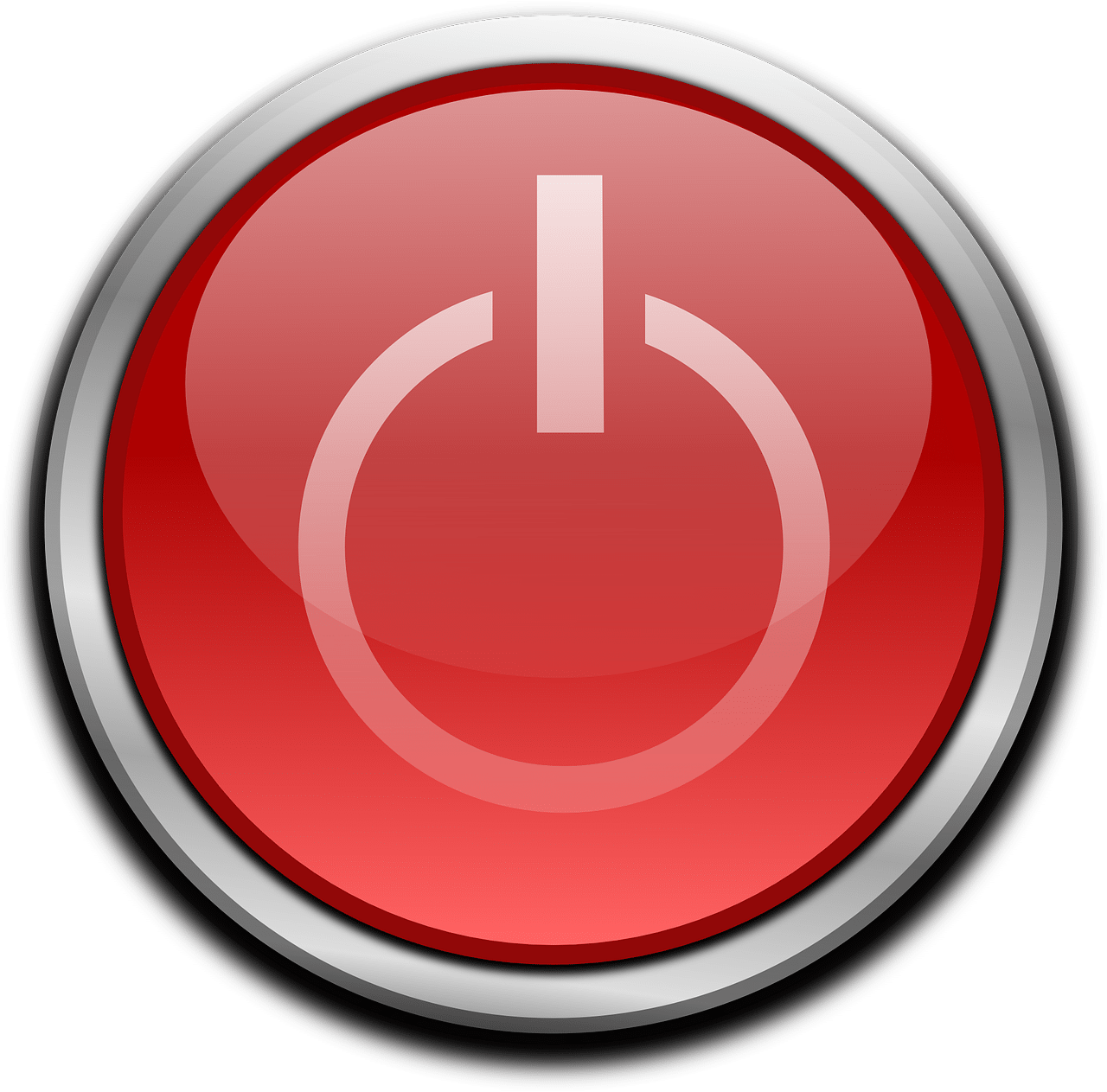
Being prepared for a power outage might ease the discomfort and inconvenience they cause, especially in the winter. Keep this in mind, your body needs more calories when it’s cold, and closed doors and windows seal in dangerous carbon monoxide (CO).
- Learn where to turn off the circuit breaker for the furnace until the power has been restored and is stable. When line technicians repair the power lines, the power may surge, which can damage the circuitry and electrical components inside the furnace.If you’re away from home frequently, consider installing a surge protector for the HVAC system, or a whole-house surge protection system to safeguard all your appliances.
- Set aside adequate drinking water in case of a prolonged outage.
- Keep extra food on hand that you don’t need to heat. Canned vegetables, beans, and fruit can tide you over, along with crackers, peanut butter and energy bars.
- Resist the temptation to bring the barbecue grill into the garage or the home for cooking. They emit dangerous levels of CO and they should never be used to generate heat indoors during a power outage.
- Have the flashlights ready along with replacement batteries and show everyone in your home where you keep them. If your children are old enough, put one in each bedroom.
- Consider purchasing power banks for your portable devices for emergency use. They’re relatively inexpensive and will charge your phones in a pinch.
- Include a battery-operated or hand-crank radio on your list for emergency supplies. If the internet is down, you’ll still be able to get the news and the weather.
- Test your CO detectors monthly if your home has an attached garage or has any gas appliances. Even burning candles during an emergency will build CO indoors.
- Have your fireplace chimney cleaned annually if you use it frequently, and set aside extra firewood and matches in the event of an emergency.
- Have extra blankets or sleeping bags to stay warm.
Staying warm, hydrated and well-fed during a power outage in the winter will keep you healthy and comfortable. If you’d like more information about surge protectors contact Jackson & Sons, providing trusted HVAC services for eastern North Carolina homeowners for 42 years.
Our goal is to help educate our customers in Eastern North Carolina (including Wayne, Johnston, Greene, Lenoir, Pitt and Duplin Counties) about energy and home comfort issues (specific to HVAC systems).
Credit/Copyright Attribution: “OpenClipart-Vectors/Pixabay”